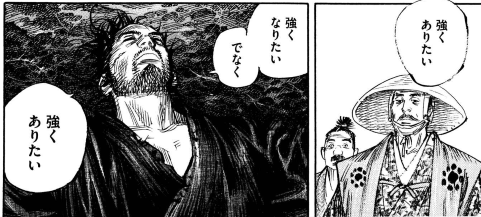The problem here is actually one that exists in English as well - you CANNOT "want" an adjective, you can only "want" a verb or a noun.
More specifically, you cannot want strong, but you have to want to be strong, or want to become strong, or want to be made strong. You see, not adding a verb between want and strong would make a sentence sound funny to a native English speaker, and also grammatically incorrect.
If you think about it, an adjective is not an action, and you cannot want it. You cannot want strong, or want hot, you can only want to be strong or want something else to become hot. Missing a verb is not just ungrammatical, but also illogical.
The same goes for Japanese, 強い or 暑い are just descriptions, you cannot want them, but you can only want to become them (強くなりたい) or you want something else to become them (今年の夏がもっと暑くなってほしい). Or, you can want something to be made into more of them(passive voice) (コーヒーをもっと熱くしてほしいね). The verb is actually the conveyor of the main action here, and is just as important as the adjective.
Grammatically, there is no way of turning adjectives into a "want" mode on their own, and a verb is required, aka -たい and -てほしい only exists for verbs, and 有名がほしい doesn't make much sense, unless you say 有名さがほしい (I want famousness), which does not make much sense either. Languages and grammars are meant to serve people's logic, I hope you can also see where this comes from logically.
A while ago I asked a really similar question how to make adjective into imperatives then I realized where my logic went wrong — just like with "want", an imperative has to be on a verb, never directly the adjective itself. Since you can't DO the adjective, but have to DO the action.

